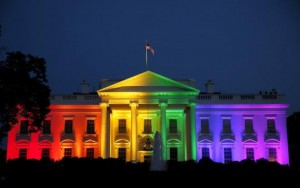Marquette Students Study Comparative Law in Germany
 This is week Two of the Summer Session in International and Comparative Law, taking place in Giessen, Germany. Pictured to the left are my students in the class on Comparative Law. They come from Mexico, Peru, Senegal, Brazil, Zimbabwe, Spain, Moldova, Vietnam, the Slovak Republic and, yes, even Wisconsin. Along with my co-teacher, Thilo Marauhn from Justus Liebig University here in Germany, we have been comparing the constitutional systems of the United States and Germany, and also contrasting the quasi-constitutional structure of the European Union. It may not look like it in the photo, but we are certainly having a great deal of fun.
This is week Two of the Summer Session in International and Comparative Law, taking place in Giessen, Germany. Pictured to the left are my students in the class on Comparative Law. They come from Mexico, Peru, Senegal, Brazil, Zimbabwe, Spain, Moldova, Vietnam, the Slovak Republic and, yes, even Wisconsin. Along with my co-teacher, Thilo Marauhn from Justus Liebig University here in Germany, we have been comparing the constitutional systems of the United States and Germany, and also contrasting the quasi-constitutional structure of the European Union. It may not look like it in the photo, but we are certainly having a great deal of fun.
Other classes this session include International Economic Law & Business Transactions, The Law of Armed Conflict, and International Intellectual Property Law. The faculty come from the United States, Germany, Lithuania, and Great Britain. The faculty are all experts in their fields and, judging from our dinner tonight, we all share an appreciation of German beer.

